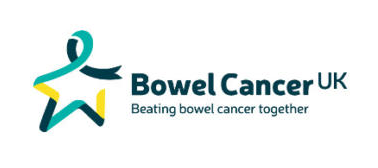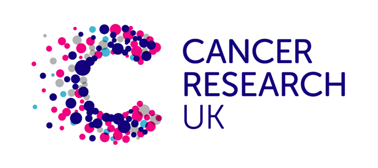More Information
More Information
Why are we using EREG/AREG to identify people who are suitable for the ARIEL trial?
In the PICCOLO trial, published in The Lancet Oncology in 2013, researchers looked to see if adding an anti-EGFR drug called panitumumab to standard chemotherapy would be beneficial for patients with advanced colorectal cancer. Overall, patients did benefit a little from panitumumab in this trial. After the trial, we went back and analysed EREG and AREG levels in the tumour samples of the participants to see if this helped identify patients who did and did not benefit. We showed that patients with high EREG/AREG expressing tumours benefitted significantly from panitumumab, while those with low EREG/AREG tumours did not benefit. Other researchers have made similar observations when looking at other trials of anti-EGFR drugs.
Why is the ARIEL trial only recruiting patients with right-sided colon cancers?
By looking at data from a range of clinical trials, we know that patients with tumours that originate on the right-hand side of the colon do not benefit from anti-EGFR therapy overall as a group. But right-sided tumours are not all the same. Indeed, when we looked back at the PICCOLO trial, we saw that patients with right-sided tumours that produced high levels of EREG/AREG did benefit from the anti-EGFR drug, panitumumab. We are looking to see if this finding can be replicated in the ARIEL trial. If it is, this would suggest EREG/AREG might be useful in everyday practice for patients with right-sided tumours and their clinicians when trying to make decisions about treatment.
You can find more information about ARIEL by speaking with a member of your hospital colorectal or oncology team.
Further information is also provided by clicking on the links below:



